If you are looking for the best healthcare center for safe and effective treatment of nasal polyps, then you must visit HeptaCare Health. HeptaCare Health works with expert and experienced ENT surgeons to provide reliable treatment for nasal polyps.
Happy Patients
Disease
Hospitals
Cities
Nasal polyps are common, fleshy, noncancerous, teardrop-shaped growths that form in the nose or sinuses. They are usually found around the area where the sinuses open into the nasal cavity. Matured polyps look like peeled grapes.
They are often linked to allergies or asthma. Small-size polyps are usually asymptomatic and usually don’t require any treatment. Large-size polyps can cause various symptoms include, stuffy or blocked nose, sneezing, postnasal drip, runny nose, facial pain, etc. Large polyps can block normal drainage from the sinuses. If too much mucus builds up in the sinuses, they can become infected.
There are two types of nasal polyps which include the Bilateral ethmoidal polyp, which arises from the Ethmoid sinus, and the Antrochoanal Polyp, which begins from the maxillary sinuses. They are unilateral and less common.
Nasal polyps treatment option depends on the severity of the condition and the size of the polyps. Before any treatment, the patient has to undergo a thorough diagnosis to determine the treatment accordingly. A healthcare provider usually suggests nasal endoscopy, CT scans, allergy tests, blood tests, tissue cultures, etc, to determine the identify the best treatment option. Nasal polyp treatment generally focuses on reducing the size of polyps or eliminating them completely to provide the patient relief from associated breathing problems like sinusitis, asthma flare-up, etc. Generally, the first approach to treatment is medications. However, the patient may need surgical intervention if medical treatment does not work in shrinking the polyps.
Endoscopic surgery is the most preferred surgical treatment for nasal polyps. During endoscopic surgery, the surgeon inserts an endoscope (a small tube with a camera lens or magnifying glass) through the nasal passages and uses endoscopic instruments to remove the polyps and other nasal blockages. This improves airflow through the nasal and paranasal areas. The surgery is performed as an outpatient procedure. Since no major cuts or incisions are performed during the surgery, the recovery process is usually very quick.
The other surgical procedure for the removal of nasal polyps is polypectomy. The surgery is usually performed if the polyps are very large or the other treatment options fail to treat the condition.
The surgery is performed under the influence of local or general anesthesia. A long, thin tube with a video camera is inserted into the patient’s nose and sinuses. Polyps are then cut out using micro-telescopes and surgical instruments. Sometimes, the surgeon may remove small pieces of bone from the nose to open up the nasal passageway. A doctor usually prescribes a corticosteroid nasal spray to help prevent recurrence. Sometimes doctor also recommends the use of saline rinse to help post-surgical healing.
The exact recovery time after nasal polyp treatment depends on the severity of the condition, the size of the polyps, associated health conditions, the type of treatment, etc. With medical management, patients start noticing obvious improvement in their symptoms within 1-2 weeks. However, most patients are advised to take medicines for 4-6 weeks to prevent a recurrence.
If endoscopic surgery is performed, the patient can start performing light activities and return to desk work within one week; however, exercising and strenuous activities have to be delayed until at least 2-3 weeks after the surgery. Complete recovery usually takes at least 4-6 weeks.
The recovery period after nasal polyps treatment usually depends on the severity of the condition, the size of the polyps, the associated health condition, and the type of treatment. With medical management, patients start noticing obvious improvement in their symptoms within 1-2 weeks. However, in most cases, patients are advised to take medicine for 4-6 weeks to avoid recurrence.
While in surgery, if endoscopic surgery is performed, the patient can start performing light activities and return to work within one week. However, you must avoid strenuous activities and exercise for 2-3 weeks after the surgery. Complete recovery usually takes at least 4-6 weeks.
Like any surgical procedure, nasal polyps surgery also carries certain risks and complications. Some common risks and complications of surgery are as follows:
The average cost of nasal polyps surgery in India is INR 60000. This is the estimated cost of surgery, the final price is dependent on many factors, including
Non-surgical treatments for nasal polyps are as follows:
If nasal polyps are left untreated, they ca cause the following complications:
Listed below are a few ways to prevent nasal polys:
Before nasal polyps treatment, you must ask the following questions to your surgeon to have a better understanding of the treatment procedure and the risks and complications associated with it:


Based on 7721 Recommendations | Rated 4.68 Out of 5
Happy Patients
Clinics
Cities
Surgeries
Doctors
Hospitals
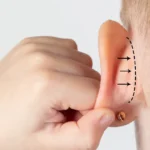
Ear surgery reshapes and balances your look.
Confidence restored with natural, lasting results.
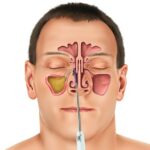
A minimally invasive procedure to clear blocked sinuses and improve breathing.
It relieves sinus infections, nasal congestion, and headaches effectively.
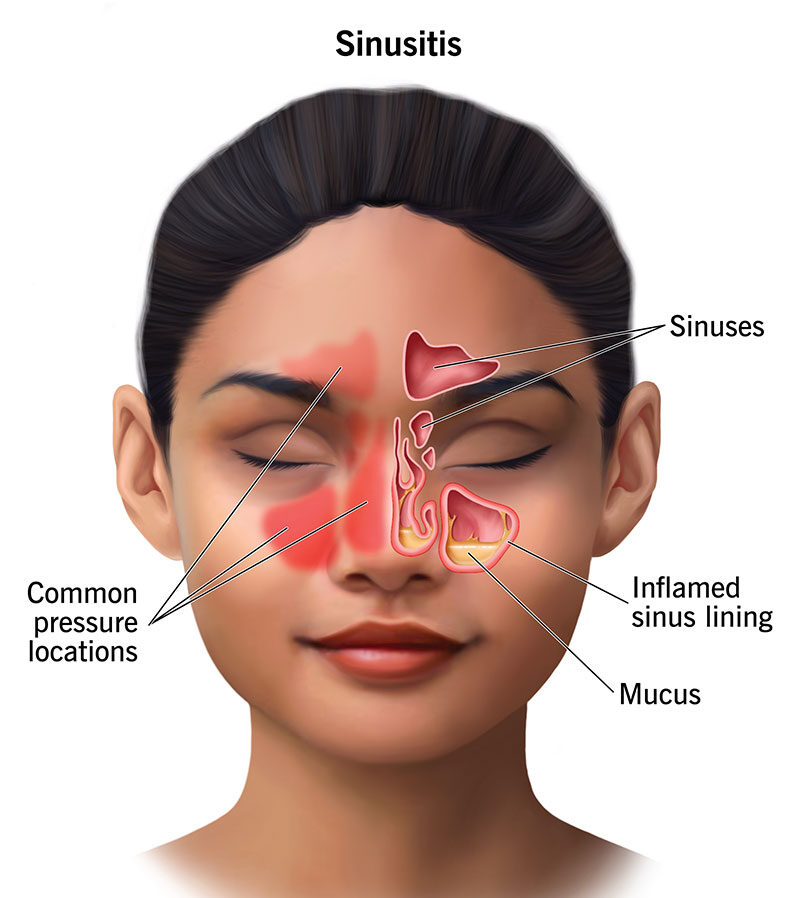
Sinus treatment relieves blockage, pain, and pressure.
Breathe easier with advanced, long-lasting care.
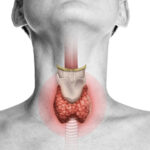
Thyroidectomy removes part or all of the thyroid gland.
It helps treat thyroid nodules, goiter, or cancer effectively.
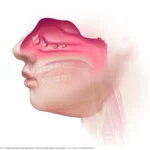
Nasal polyps are soft, painless growths in nasal passages.
Treatment helps restore easy breathing and clear sinuses.
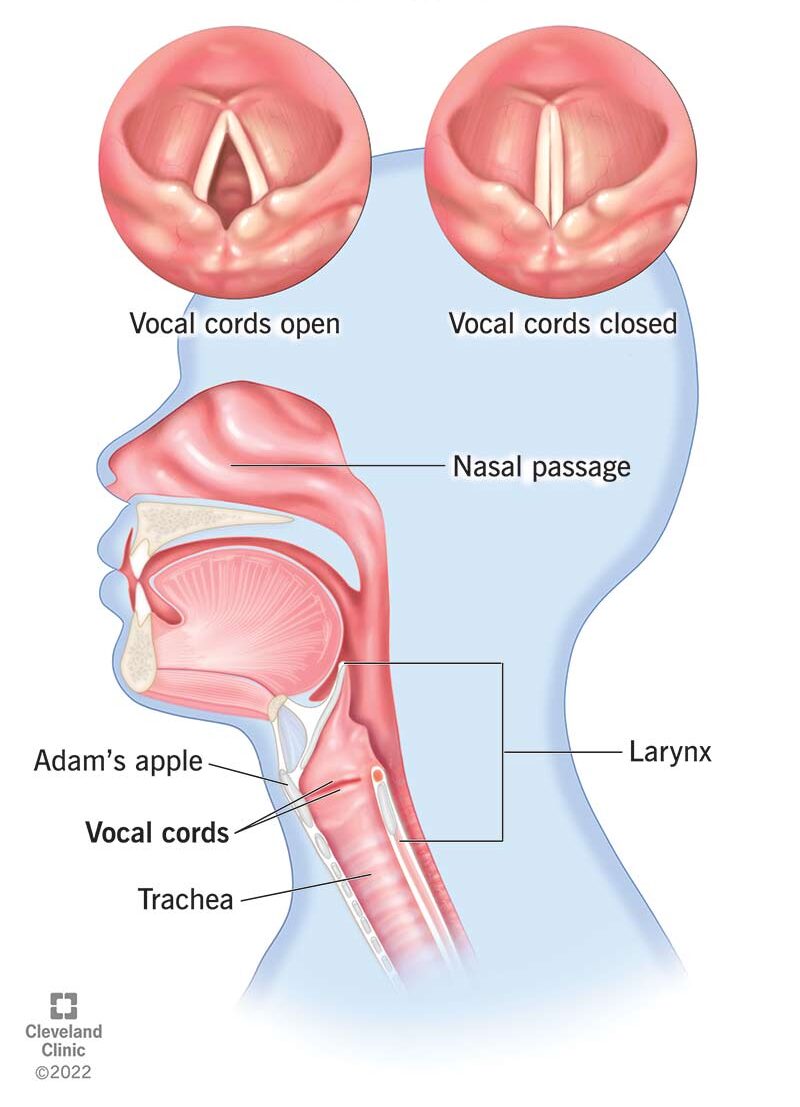
Vocal cord polyp is a benign growth affecting voice.
Treatment restores clear speech and vocal health.
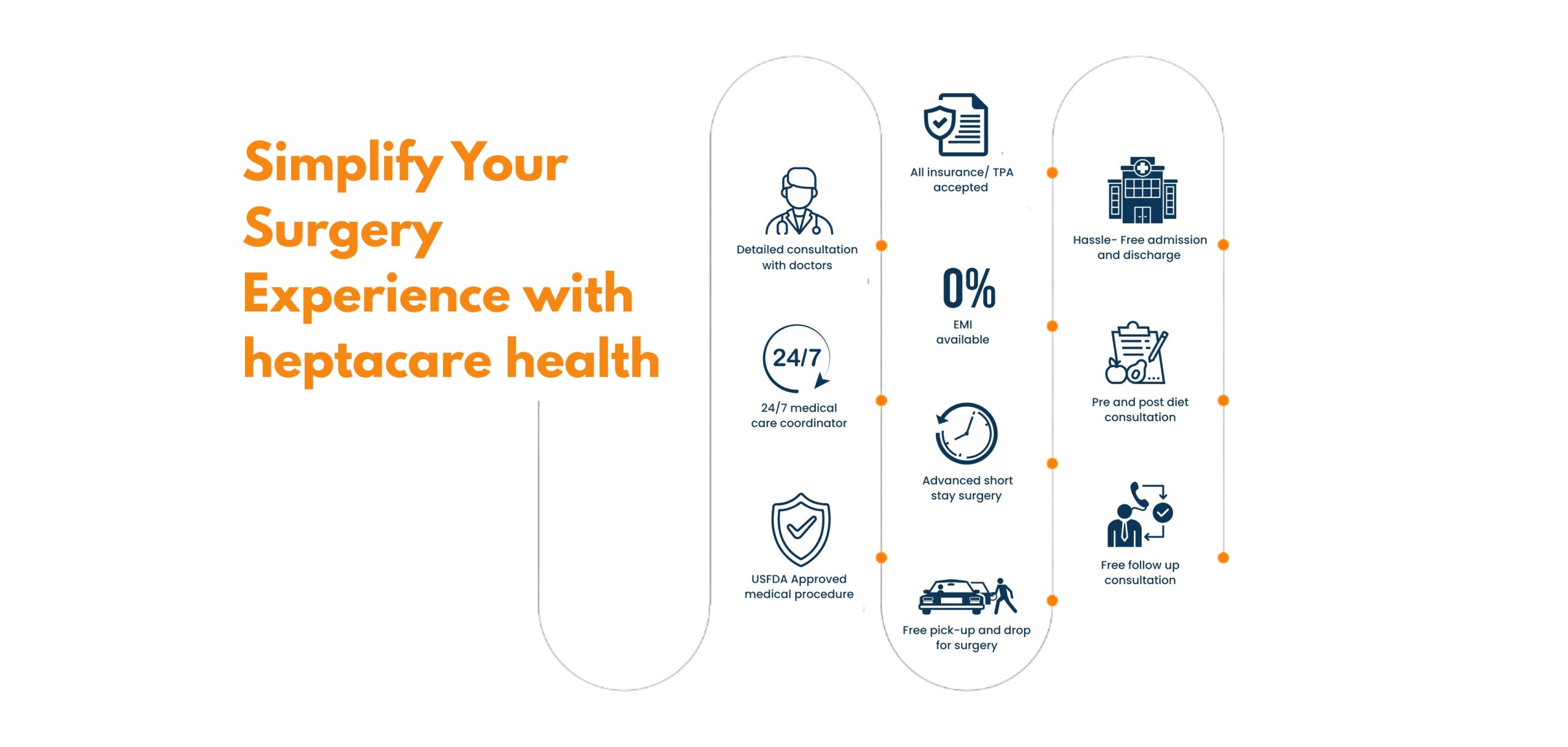
Ear pain or itching may occur due to earwax buildup, infection, allergy, or fungal infection. Avoid inserting objects like earbuds or pins — it can worsen the problem. A proper ENT check-up is recommended.
Never use cotton buds. Instead, use doctor-prescribed ear drops or visit an ENT specialist who can clean your ear safely using suction or irrigation.
Blocked ears can happen due to wax, fluid behind the eardrum, or sinus issues. ENT evaluation and simple cleaning or medication usually fix it.
Tinnitus may result from exposure to loud sounds, ear infections, or nerve-related hearing loss. It’s best to get a hearing test and ENT consultation.
●ear surgery cost in Vizag ● nose surgery cost in Vizag ● throat surgery cost in Vizag ● ENT treatment cost in Vizag ● ear surgery cost in Hyderabad ● nose surgery cost in Hyderabad ● throat surgery cost in Hyderabad ● ENT treatment cost in Hyderabad ● ear surgery cost in Vijayawada ● nose surgery cost in Vijayawada ● throat surgery cost in Vijayawada ● ENT treatment cost in Vijayawada ● low-cost ENT surgery near me ● affordable ENT treatment near me ● low-cost ear surgery near me ● low-cost nose surgery near me ● low-cost throat surgery near me ● best ENT surgery cost near me ● ENT surgery packages in Vizag ● ENT surgery packages in Hyderabad ● ENT surgery packages in Vijayawada ● ENT operation price near me ● ear operation cost near me ● sinus surgery cost near me ● tonsil surgery cost near me ● septoplasty cost near me ● adenoid surgery cost near me ● laser ENT surgery cost near me ● ENT treatment with insurance in Vizag ● ENT treatment with insurance in Hyderabad ● ENT treatment with insurance in Vijayawada ● ENT surgery with EMI in Vizag ● ENT surgery with EMI in Hyderabad
Disclaimer: **The result and experience may vary from patient to patient.. ***By submitting the form or calling, you agree to receive important updates and marketing communications.
Getting an accurate diagnosis can be one of the most impactful experiences that you can have.

cure with care
Copyright © 2025. All rights reserved.
Consult with our expert surgeon for more than 50+ diseases
Happy Patients
Hospitals
Cities